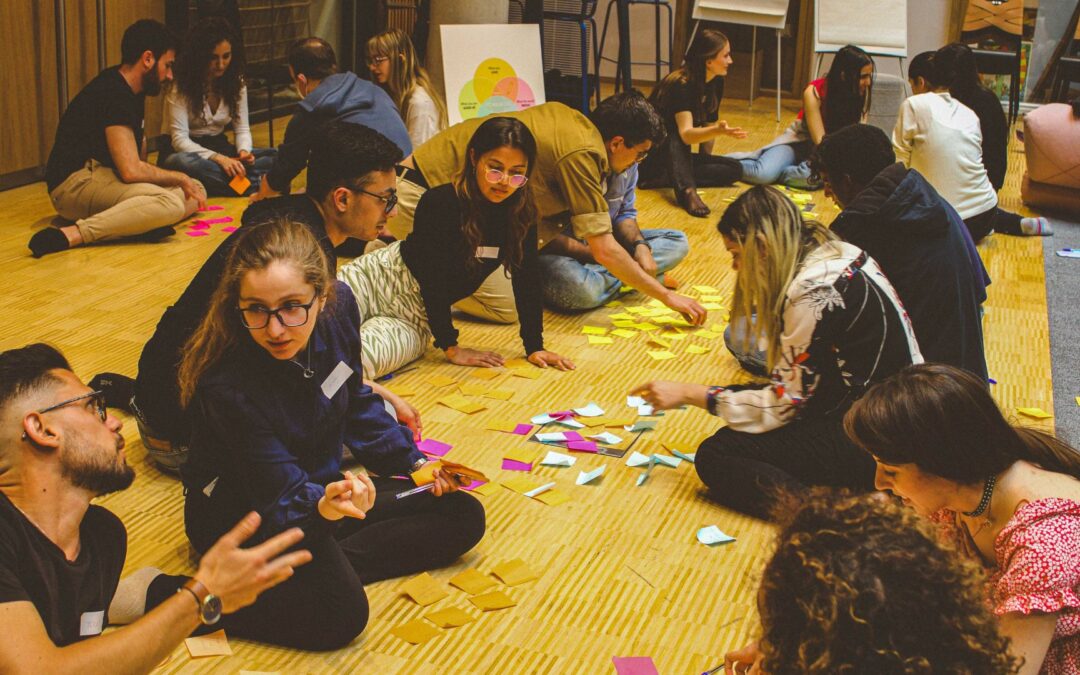About
The Graduate School of Sustainability and Transitions aims to train in research theories and tools for creating sustainable changes at different levels. These changes are grounded in a deep understanding of issues like risk, equity, and social and environmental justice.

The Graduate School of Sustainability and Transitions is backed by a network of labs in social sciences and humanities, closely tied to environmental sciences, in collaboration with Compiègne University of Technology and Sorbonne University.
The programs at the Graduate School encourage:
Exploration of case studies linked to specific territories by student groups using contextual and academic knowledge.
Collaboration between local approaches and broader considerations of ecological, economic, and social policies to support various forms of transitions.
This program focuses on understanding Socio-ecological changes and Earth System resilience in the context of the Anthropocene. It combines insights from the humanities and social sciences with collaboration from physical and environmental sciences, considering both local and global dynamics.
Socio-ecological changes
This scientific approach focuses on studying socio-ecological changes and resilience. It looks into complex systems involving bio-geo-physical elements, institutions, and actors. Life sciences and humanities, along with local stakeholders, explore these intricate and adaptable systems.
The term “resilience” is widely used by organisations like the World Bank, FAO, CGIAR consortium, and Agence Française du Développement, as well as the scientific community interested in societies and their environment. Actors often lean towards either adaptation or transformation, depending on their traditional approaches.
Earth System
Anthropocene
Popularised by Nobel Prize-winning chemist Paul CRUTZEN and biologist Eugène STOERMER, the term “Anthropocene” or “Age of Man” denotes a period in Earth’s history where human impact is now comparable in scale to certain geological forces.
Read more
![[International PhD] The University of Toronto and UPCité launch a new joint call for proposals](https://sustainability-transitions.u-paris.fr/wp-content/uploads/sites/13/2025/06/Appels_a-1080x675.jpg)
[International PhD] The University of Toronto and UPCité launch a new joint call for proposals
The University of Toronto and the Université Paris Cité and are launching a joint call for proposals in order to further develop their research collaboration and doctoral program strength.

Studying in a Université Paris Cité Graduate School
Graduate Schools combine master’s degree and doctorate programmes, supported by research laboratories. This means that students can work on a wide range of relevant problems, benefiting from the diversity of these courses and the feedback of students who have…

Three New Graduate Schools at Université Paris Cité
Graduate Schools strengthen the ties between education and research and also contribute to the national and international reputation and appeal of Université Paris Cité. Bringing master’s and doctoral courses together, they offer cross-disciplinary teaching…

3D Printing, Data and Neuroscience, A Rewarding Combination at the Graduate Schools
This summer, the Graduate Schools of Université Paris Cité organised multidisciplinary events designed to develop the knowledge and skills of its masters, researchers and…
